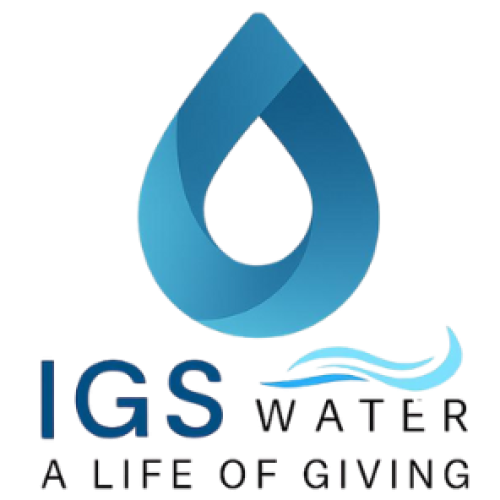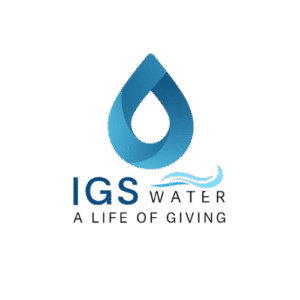Water is essential to life, yet many people underestimate how limited and vulnerable this resource truly is. Although the Earth is covered in water, only a very small portion is fresh and accessible for daily use. With rising populations, climate changes, and increasing demand from agriculture and industries, conserving water is no longer optional. It is a responsibility we all share.
Understanding why water conservation matters and how to practice it can help protect our environment, support communities, and ensure that future generations have reliable access to clean water.
1. The Growing Demand for Freshwater
Every household, farm, and business depends on clean water. As cities expand and industries grow, the pressure on water sources continues to increase. In many areas, groundwater levels are dropping faster than they can be refilled, while rivers and lakes are becoming more polluted.
Without proper conservation, communities risk experiencing shortages, higher costs, and long-term environmental damage.
2. The Impact of Climate Change
Climate change has made water cycles more unpredictable. Regions that once had regular rainfall now experience longer dry seasons, while others face heavy rains and flooding. These extreme weather patterns affect reservoirs, irrigation systems, and natural waterways.
Conserving water helps buffer these impacts by reducing strain on already stressed water supplies.
3. Conserving Water at Home
Simple habits at home can significantly reduce water waste.
- Fix leaking faucets and pipes as soon as possible.
- Turn off the tap while brushing teeth or washing dishes.
- Use water-efficient appliances.
- Collect rainwater for gardens or outdoor cleaning.
- Choose native plants that require less watering.
These small changes multiply across households, lowering overall demand.
4. Smarter Water Use in Agriculture
Agriculture is one of the biggest consumers of freshwater. Responsible water use in farming can help protect supplies while improving productivity.
- Use drip irrigation instead of flooding fields.
- Water crops during cooler hours to reduce evaporation.
- Monitor soil moisture to avoid overwatering.
- Use treated wastewater or recycled water when possible.
- Adopt modern water technologies that improve distribution and oxygen levels.
Efficient water practices help farmers save money while protecting the environment.
5. Responsible Water Use in Industries
Factories, processing plants, and commercial facilities also have a major role to play.
- Recycle and reuse process water whenever possible.
- Install systems that reduce water consumption in cooling or cleaning.
- Treat wastewater before releasing it into the environment.
- Use innovative technologies to improve water clarity, quality, and oxygen levels.
Reducing water use helps businesses cut costs, comply with regulations, and lower environmental impact.
6. Community Efforts Make a Lasting Difference
Communities can strengthen water conservation through:
- Educational programs in schools and barangays.
- Local clean-up activities.
- Rainwater collection systems.
- Watershed protection and reforestation projects.
- Supporting technologies that improve water quality in ponds, lakes, and rivers.
When people work together, it becomes easier to maintain sustainable water sources.
7. Technology’s Role in Water Sustainability
Modern solutions play an important part in water conservation. Systems such as aerators, nanobubble generators, and destratification equipment help improve water quality, reduce waste, and enhance natural processes.
These technologies increase oxygen levels, prevent algae growth, reduce odors, and support healthier aquatic ecosystems. By improving the condition of water bodies, they also help reduce the need for chemical treatments and excessive water replacement.
Final Thoughts
Water conservation is not just about saving a few liters a day. It is about protecting our environment, ensuring a stable future, and using resources wisely. Whether at home, in farms, or in businesses, every action makes a difference.
At IGS Water, we continue to support sustainable water solutions through advanced, energy-efficient technologies that help communities and industries protect and manage their water systems more effectively.

